OSI Layer 9 is "political". Let's explore non-Westphalian views on society, and the impact of coronavirus pandemic on inequalities, justice and digital technologies. I am inviting you to work together on imagining and building utopian Internet of the future.

This was supposed to be the final article of a series that started back in March 2021 about the “endless March” of 2020 and the impact of the pandemic on the wellbeing of networkers. I thought I would publish ten articles in ten weeks, then move on to the next subject. Instead, it’s (almost) September 2021, and the topic is still very much alive - especially combined with other “burning issues” such as ocean being literally on fire!
I'm keeping this article short because I'm presenting at the upcoming NLNOG Day on 2 September about this very same topic: Technical Communities Resilience. Find out more on how to join the event (whether you'd prefer to join live or by watching the recording).
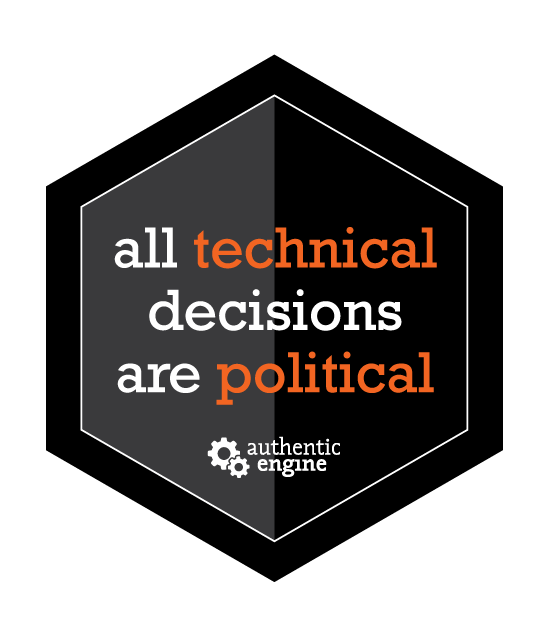
The top of the OSI stack, according to Evi Nemeth, is the “political layer”: confirming that everything technical is political. At the top of the Maslow’s pyramid of needs is “transcendence”. However, on the pinnacle of the First Nations version is the “cultural perpetuity”, which in our Westphalian world means societies, nations, countries - and politics.
“...each member of the tribe will one day be gone. So passing on their knowledge of how to achieve community actualisation and harmony with the land and other peoples gives rise to an endurance of the Blackfoot way of life, or cultural perpetuity."
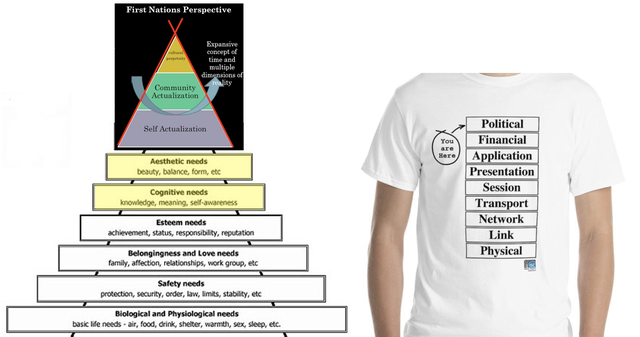
Ubuntu: Both Operating System and Society/Humanity/Tribe/Community
For most of the people in technical communities, Ubuntu is a name for the Linux distribution. Originally, though, it's a philosophical term that exists in many African languages:
“Ubuntu asserts that society, not a transcendent being, gives human beings their humanity.”
Here, again, ancient meaning contradicts Maslow’s focus on individualism.
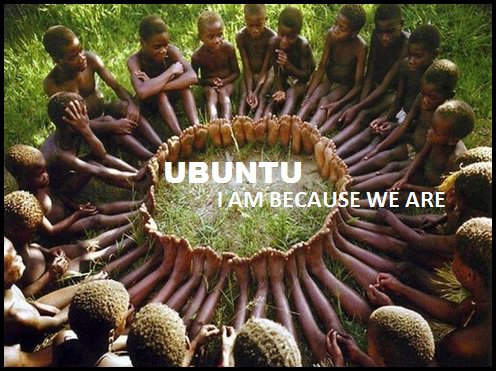
Technical “Solutions" vs Social / Political Issues
While many of my colleagues prefer to think of the work we do - maintenance and stewardship of Internet infrastructure - as purely “technical”, it has been recognised by scholars since the early days of the Internet that digital communication, programming, data processing, and any other areas of (computer) science are as impacted with moral / ethical / political dilemmas as any other human activity.
Here are some recent examples:
- "Ubuntu as an Ethical & Human Rights Framework for AI Governance” by Sabelo Mhlambi, July 8, 2020
- Sad story about Basecamp (May 2021)
- “...employees... collectively describe a company whose attempt to tamp down on difficult conversations blew up in its face as employees rejected the notion that discussions of power and justice should remain off limits in the workplace.”
- Geoplitical implications of the home office (May 2021)
- If everyone is working "remotely", in which country is the company?
- Westphalian notions becoming old fashioned fast!
- New ways of sharing data and protecting privacy are needed (individual sovereignty?!)
- If everyone is working "remotely", in which country is the company?
- A video from the Radical eXchange conference in 2020, about political polarisation & tech.
At the crossroads between the topics of technology, the pandemic and inequalities, here is a link to a book "COVID-19 from the Margins: Pandemic Invisibilities, Policies and Resistance in the Datafied Society", by Institute for Network Cultures in Amsterdam.
"...gives voice to communities at the margins in the Global South and beyond. The multilingual, polycentric and pluriversal narration invites the reader to enact and experience “Big Data from the South(s)” as a decolonial lens to read the pandemic."

COVID-19 and the Injustice of Inequalities
At times of a global crisis - such as the COVID-19 pandemic or climate chaos - every society react in ways that reveal their strengths, but also their structural problems.
“Every nation gets the government it deserves.” Quote
Compare, if you will, how the populations and governments of New Zealand or Sweden or the Netherlands handled the pandemic. The choices made demonstrated each country's social cohesion, social policies/politics, notion of social justice (ways to honour needs, distribute resources, agree on the rules and follow them, resolve conflicts, enforce consequences, listen to all the voices…). Now imagine how those different societies are going to handle the climate crisis!
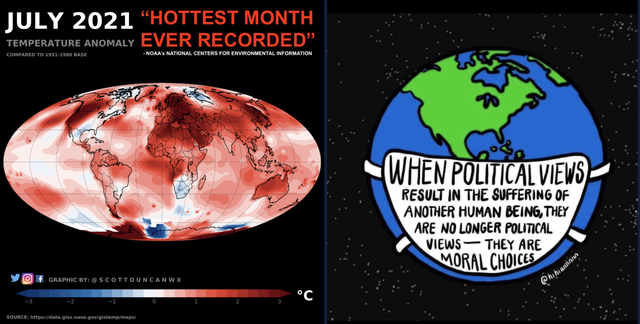
There were many reports on the impact of the COVID-19 crisis on societies :
- STATE of POWER
- "Elimination, not mitigation, best for health, economy and civil liberties" : blog post at University of Oxford , and an article in Lancet (April 2021)
- COVID CAPITALISM REPORT, K. Biswas (October 2020)
1. Building an internationalist response 2. The coming global recession 3. A Recipe for Disaster 4. Taking Health back from Corporations 5. States of Control 6. A Global Green New Deal 7. Public is Back 8. Feminist Realities 9. Fight against mass incarceration 10. Taking on the Tech Titans 11. Walls Must Fall 12. People Power and the Pandemic - INEQUALITY in the time of COVID-19, IMF, June 2021, Francisco H. G. Ferreira
Most of those reports stress inequalities and other structural injustices. But there is also a "World Happiness Report 2021" (pdf), published in March, that takes a more positive approach.
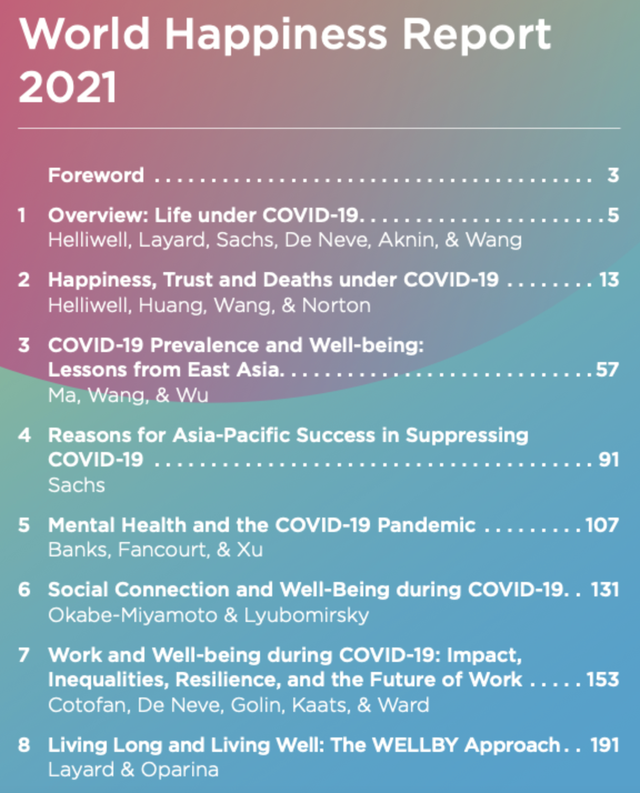
Utopia Already Exists; It’s Just Unevenly Distributed
In the search for justice in society, I tend to turn to art and fiction. The title of this paragraph is a paraphrase of William Gibson: “The future has arrived — it’s just not evenly distributed yet.”
Most recent examples of engaged authors happen to be these three guys:
- "Defining the Future: Philosophy & Science Fiction" (March 2021)
- Is Sci-Fi primitive compared to current and emerging technologies? Can the future of technology be reimagined? In this riveting discussion, multi-award-winning Science-Fiction authors Cory Doctorow and Charles Stross come together to explore how fictional works can aid visions of the future.
- In 2020 Kim Stanley Robinson published an article about how "[this] virus is rewriting our imaginations", and an excellent climate-fiction book: The Ministry for the Future
- "The spring of 2020 is suggestive of how much, and how quickly, we can change as a civilization."
- And much more science fiction, written by women, can be found if you check this list here.
For timeless views on the ideal society, I always go back to Ursula K. LeGuin: her "ambiguous Utopia" novel "The Dispossessed", her quote about capitalism, and her description of the imaginary society:
"...a society predominantly concerned with preserving its existence (but not endlessly expanding), a society with a modest standard of living, conservative of natural resources, with a low constant fertility rate and a political life based upon consent; a society that has made a successful adaptation to its environment and has learned to live without destroying itself or the people next door...that is the society I want to be able to imagine — I must be able to imagine, for one does not get on without hope."
-- “A Non-Euclidean View of California as a Cold Place to Be”, Ursula K. Le Guin
I like to dream about the kind of Internet that such a society would have: an Internet based on de-growth, consent, humbleness, respect for nature and environment, inclusion and justice...
I am inviting you to work together on imagining and building utopian Internet of the future.
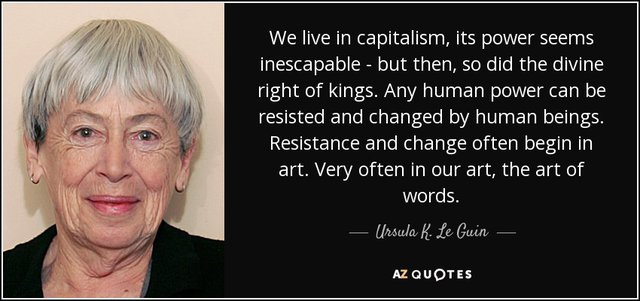
Bonus Links
Technical is Political
- The Public Interest Internet
- Power To The Public: The Promise of Public Interest Technology, by Tara Dawson McGuinness, April 2021
- Data and Social Justice
- The Anti-Capitalist Software License
- I’m a Luddite. You should be one too, August 2021
Covid, Inequalities, Injustice
- Covid-19: politicisation, “corruption,” and suppression of science, November 2020
- Coronavirus and Ill-fated Crowns: Buddhist Lessons in Pandemics and Politics, August 2021, by Alexander McKinley Loyola, University Chicago
- Confronting Inequality in the “New Normal”: Hyper‐capitalism, Proto‐socialism, and Post‐pandemic Recovery
- The COVID-19 pandemic and health inequalities - Journal of Epidemiology & Community Health
- Global reports
- https://www.dw.com/en/covid-worsened-global-human-rights-abuses-amnesty-report/a-57110591
- https://www.oecd.org/coronavirus/policy-responses/tackling-the-mental-health-impact-of-the-covid-19-crisis-an-integrated-whole-of-society-response-0ccafa0b/
- https://www.oecd.org/publications/how-was-life-volume-ii-3d96efc5-en.htm
- July 2020: https://chrgj.org/2020/07/05/philip-alston-condemns-failed-global-poverty-eradication-efforts/
- January 2021: https://www.oxfam.org/en/press-releases/mega-rich-recoup-covid-losses-record-time-yet-billions-will-live-poverty-least
- Farhana Sultana, Ph.D.: "Climate change, COVID-19 & the co-production of injustices: a feminist reading of overlapping crises”
- Angela Mitropoulos: Contract and Contagion: From Biopolitics to Oikonomia, (New York: Autonomedia/Minor Compositions), 2012.
- Symptom Check: Narrating one’s own illness can counterbalance how the pandemic has been politicized, by Sharrona Pearl , July 02, 2020
- Self-Tracking, Embodied Differences, and the Politics and Ethics of Health | Catalyst: Feminism, Theory, Technoscience
- Video: The Politics of Waking Up: Power and Possibility in the Fractal Age w/ Indra Adnan (The Stoa) June 22nd, 2021
- https://systems-souls-society.com/insight/perspectiva-press/the-politics-of-waking-up-power-and-possibility-in-the-fractal-age/
- systems of abuse by Umair
- https://scholar.harvard.edu/davidrwilliams/node/32397
- https://www.imf.org/en/News/Articles/2020/10/01/sp100120-resolving-global-debt-an-urgent-collective-action-cause
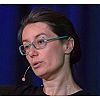

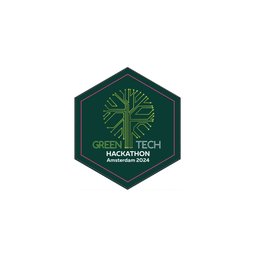
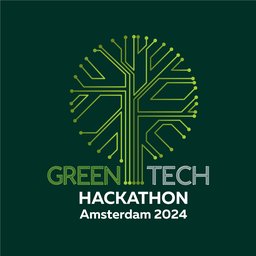
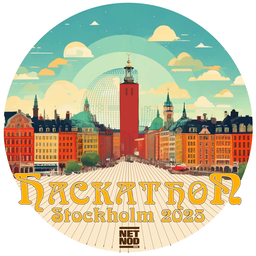
Comments 1
The comments section is closed for articles published more than a year ago. If you'd like to inform us of any issues, please contact us.
Vesna Manojlovic •
Researcher, coach and facilitator Nadine Andrews, who is chair of Climate Psychology Alliance Scotland, will be one of the speakers in the first of a series of Open Forum events on Our Changing Climate: An Open Forum on Inner Resilience and Emotional Awareness - an invitation to explore and relate to the feelings and perspectives that appear for us in relation to our changing climate. Monday, 6th September , 7:45 PM – 10:00 PM CEST https://www.eventbrite.co.uk/e/an-open-forum-on-inner-resilience-and-emotional-awareness-tickets-164622274655